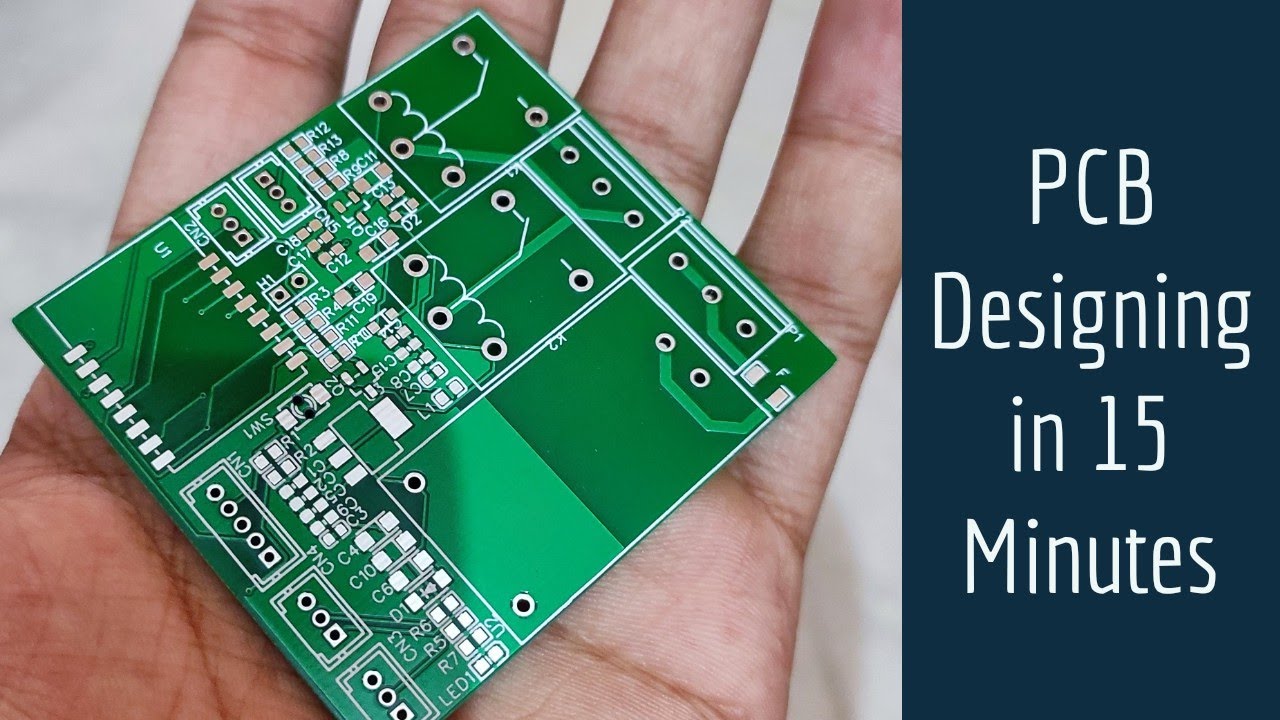
Best Way to Learn PCB Design
Printed Circuit Board (PCB) design is a crucial skill for anyone interested in electronics or engineering. Whether you are a hobbyist working on personal projects or a professional looking to advance your career, mastering PCB design can open up a world of possibilities. But where do you start?
There are many ways to learn PCB design, from online courses to textbooks to hands-on experience. In this article, we will explore the best methods and resources to help you become a proficient PCB designer.
1. Online Courses
Online courses are a convenient and flexible way to learn PCB design. There are many platforms that offer courses tailored to different skill levels, from beginner to advanced. Some popular online learning platforms for PCB design include Udemy, Coursera, and Skillshare.
These courses typically cover topics such as PCB layout, circuit design, and component placement. They often include practical exercises and projects to help you apply your knowledge in real-world scenarios.
One of the advantages of online courses is that you can learn at your own pace and revisit the material as many times as needed. This flexibility allows you to fit learning into your schedule, whether you are a full-time student or a working professional.
2. Textbooks
For those who prefer a more traditional approach to learning, textbooks can be a valuable resource for mastering PCB design. There are many books available that cover the fundamentals of PCB design, as well as advanced topics such as high-speed design and signal integrity.
Some popular textbooks on PCB design include “Printed Circuit Board Design Techniques for EMC Compliance” by Mark Montrose and “High-Speed Digital Design: A Handbook of Black Magic” by Howard Johnson and Martin Graham. These books provide in-depth explanations and practical insights into the world of PCB design.
Textbooks are a great way to deepen your understanding of complex concepts and theory. They can serve as a reference guide for specific topics or as a comprehensive resource for building a strong foundation in PCB design.
3. Hands-On Experience
Perhaps the most effective way to learn PCB design is through hands-on experience. Working on real projects and solving practical problems can help solidify your understanding of the design process and improve your skills.
You can start by designing simple circuits and gradually progress to more complex projects as you gain confidence. There are many free and open-source PCB design software tools available, such as KiCad and Eagle, that you can use to practice your skills.
Collaborating with experienced designers or joining online forums and communities can also provide valuable feedback and insights into best practices. By working on real-world projects, you can develop a portfolio of work that showcases your skills and expertise in PCB design.
4. Continuous Learning
PCB design is a constantly evolving field, with new technologies and design techniques emerging all the time. To stay current and competitive, it is essential to engage in continuous learning and professional development.
Attending workshops, conferences, and webinars can help you stay up-to-date on the latest trends and developments in PCB design. Networking with industry professionals and participating in online communities can also expand your knowledge and connect you with like-minded individuals.
By committing to lifelong learning and staying curious about new advances in the field, you can position yourself as a sought-after PCB designer with the skills and expertise to tackle any design challenge.
Conclusion
Learning PCB design is a rewarding journey that can lead to exciting career opportunities and personal growth. Whether you choose to enroll in online courses, dive into textbooks, or gain hands-on experience, the key is to stay committed and passionate about mastering this valuable skill.
By leveraging the best resources and continuously challenging yourself to learn and improve, you can become a proficient PCB designer capable of tackling complex design projects with confidence and expertise.
Was this helpful?
0 / 0